Consumer Reports Survey Finds Roughly 28% of Respondents Don't Want to Buy an EV
【Summary】Surveyors also had interesting information to share on rebates and key factors holding them back from purchasing an electric car.
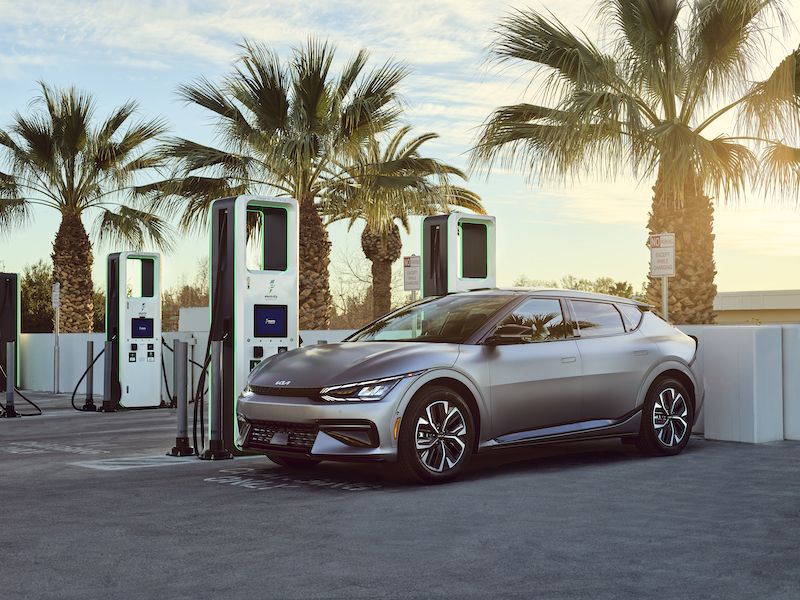
Automakers continue to pour billions into coming out with electric vehicles, but a large portion of Americans aren't interested in trading their gas-powered vehicle for an all-electric car. At least, that's the kind of feedback Consumer Reports received from its most recent survey. In it, the outlet found that 36% of American respondents stated that they were planning to purchase or lease an EV or were seriously considering doing so. On the other side, 28% of respondents stated that they are firmly committed to not going electric.
Major Barriers For EV Ownership
One of the major reasons for Americans that were surveyed to be persuaded to purchase an EV is because of the associated costs of refueling an EV compared to a gasoline vehicle. Other major draws to owning an EV include overall lifetime costs and maintenance costs. While the majority of respondents stated that they would be purchasing an electric vehicle, there are some barriers to getting an EV.
The surveyors pointed toward charging logistics, range, and cost as the three barriers to EV ownership. These, since electric vehicles were introduced, have been the main issues for consumers. While automakers are making headway on EV range, pricing and electric car chargers haven't changed that much. The federal government is working on a plan to introduce a national charging network, but that will take years to complete. So, consumers are left in this strange waiting game.
Survey Has Surprising Findings
In a more interesting finding, the survey found that 46% of Americans didn't know about the available federal tax credit for electrified vehicles. This is odd, because automakers highlight the available $7,500 federal tax credit on their website when researching an EV and multiple websites provide consumers with information on federal and local tax incentives. Knowing about the available federal tax credit and available state incentives would certainly make EVs more affordable.
Other information Consumer Reports gathered from its survey is that men are more likely than women to consider purchasing an EV, younger adults are more interested in EVs than older adults, and consumers in urban areas are more likely to consider buying an EV than consumers in rural areas. Income also plays a role, as high-income households were more likely to consider an EV than households with less income. Interestingly, education also plays a role, as the survey found that Americans with some higher education were more likely to consider purchasing an EV than those without higher education.
Consumer Reports' survey questioned 8,027 adults in the U.S. The survey was conducted between January 27, 2022 and February 18, 2022, which is one week before Russia invaded Ukraine. This, as we all know now, caused gas prices to spike. It would be interesting to see the results of the survey with current gas prices.
-

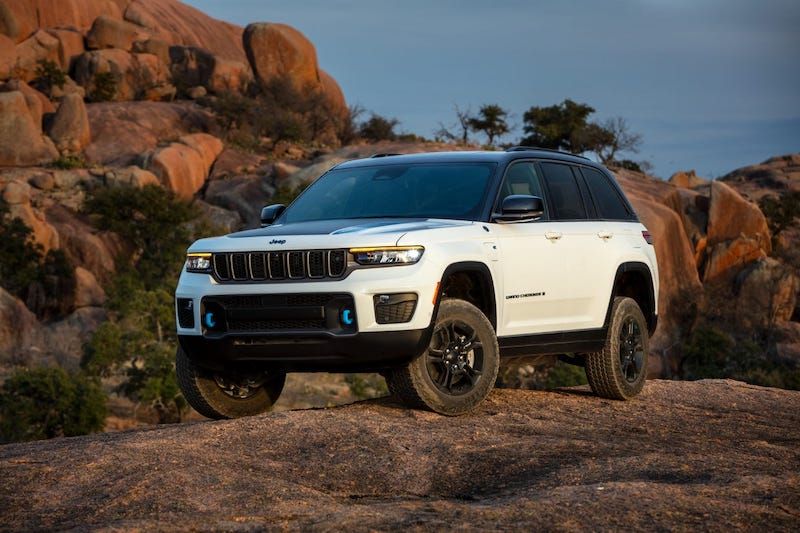
2023 Jeep Grand Cherokee Trailhawk Now PHEV Only
-

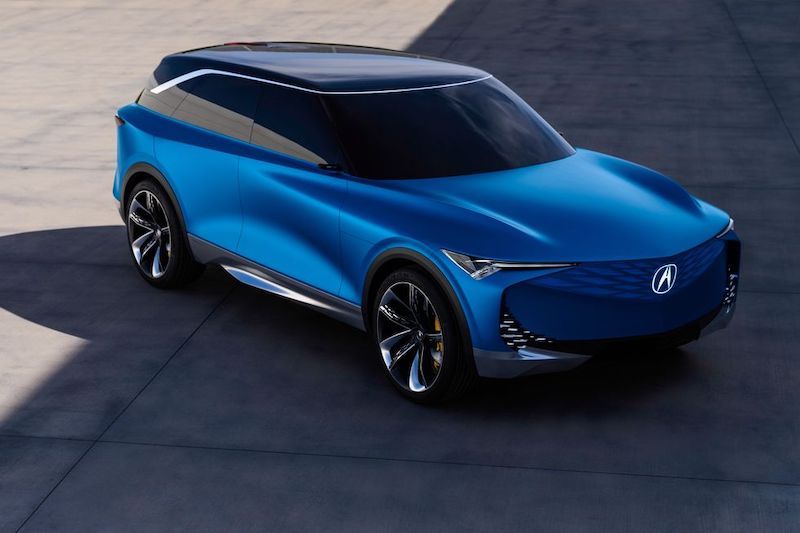
Acura Prevision EV Concept Previews Brand’s Electric Future
-


Hyundai Gets Serious About Electric Performance Cars, Shows off Two Concepts
-


Ford Looks to Have 100% of EV Sales Be Online
-

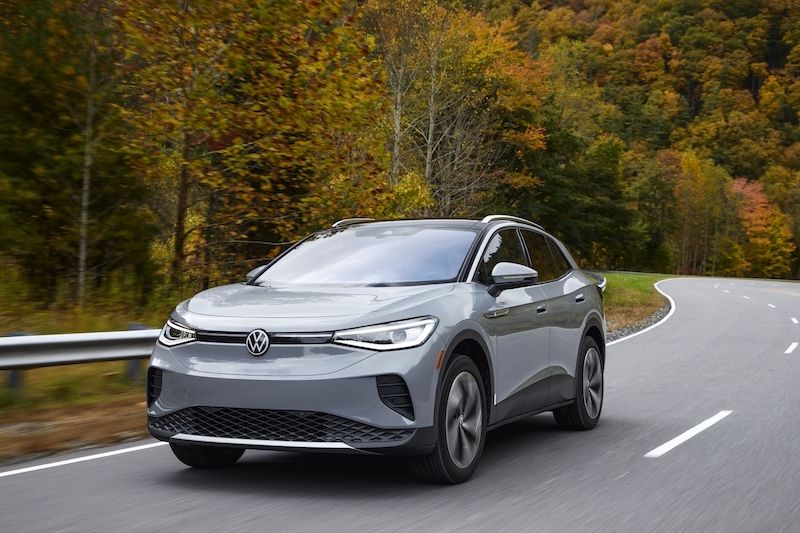
Volkswagen CEO Believes It Will Overtake Tesla in EV Sales by 2025
-

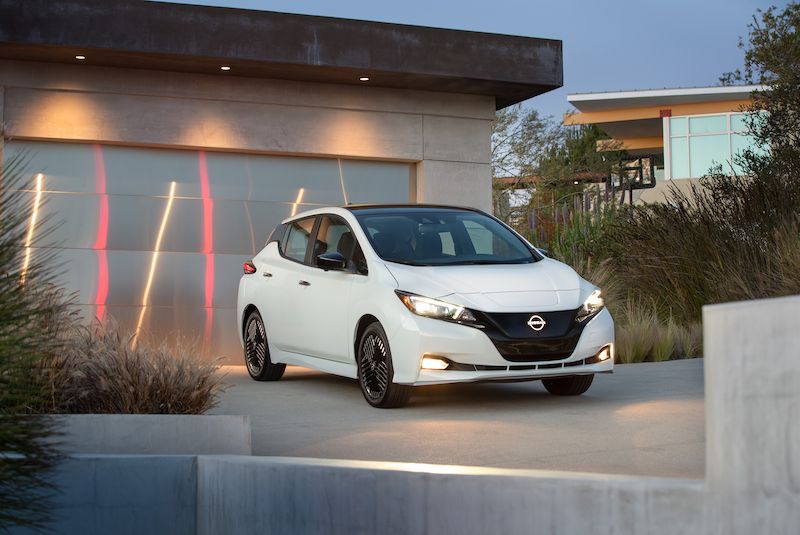
Report Claims Nissan Leaf Will Be Discontinued by 2025
-


Autonomous Vehicles Will Require Cities to Change Their Transportation Methods
-

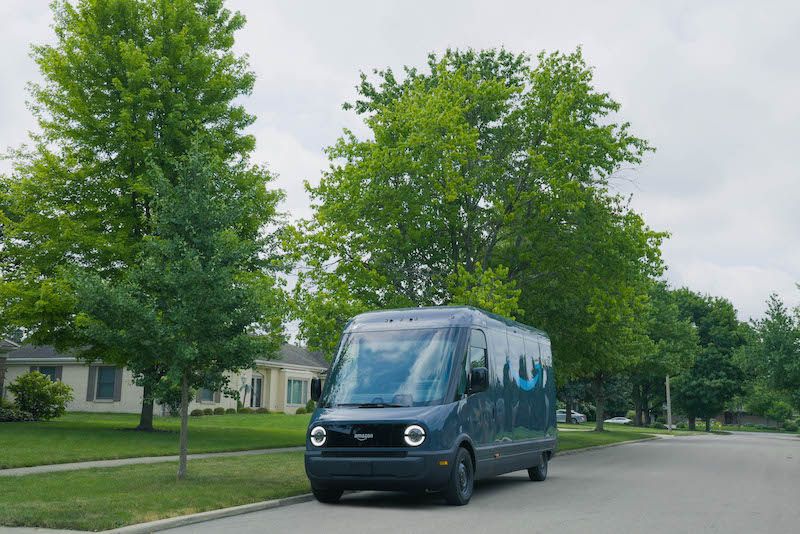
Rivian, Mercedes-Benz Partner to Produce Electric Commercial Vans
- Stellantis Acquires Autonomous Driving Software Startup aiMotive
- Electric Hypercar Developer Rimac Raises $500 Million Euro in Series D Round, Investors Include Porsche, Softbank and Goldman Sachs
- Mercedes-Benz Signs MoU With the Government of Canada to Source the Raw Materials for Electric Vehicle Batteries
- FCA to Pay $300 Million Fine for Emissions-Cheating Vehicles
- California Startup Orbis Brakes Debuts its Revolutionary 'Periodic Wave' Brake Line Developed in Collaboration with NASA
- Qualcomm Technologies and Renault Group to Jointly Develop a Centralized, Software-Defined Vehicle Architecture for the Automaker’s Future Electric Models
- Apple Reveals the Next-Gen Version of CarPlay, Which Takes Over a Vehicle’s Entire Dashboard and Screens
- GM to Invest $81 Million to Hand-Build Cadillac Celestiq in Michigan
- New Intelligent EV Company JiDU Reveals its Revolutionary Concept Production 'Robocar'
- Rivian Discontinues Base Model for R1S, R1T











 About Us
About Us Contact Us
Contact Us Careers
Careers